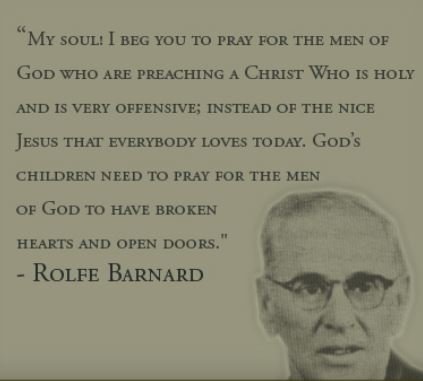
I put out the call to readers, asking them for questions they would like me to answer. If you have a question, please leave it here or email me. All questions will be answered in the order in which they are received.
Kel asked:
As part of a minority group in my home country, I feel that religion, in this case Christianity, provides me with a sense of belonging. It helps since a lot of people of my own ethnicity are Christians, too.
Even after I started questioning my Evangelical faith – though I won’t consider myself an atheist – I can still feel a surge of (“Christian”) zeal when confronted with Evangelicals’ “tribal enemies” or unfamiliar situations (people with different religions, etc.). Strangely, I am never bothered by online atheists though . Probably because they never threaten me with their version of Hell.
My question is: as a humanist, do you still experience this “tribal pull” when you see unfamiliar people with different customs or religions? Especially if they seem threatening.
Kel asks an interesting (and difficult) question: “as a humanist, do you still experience this ‘tribal pull’ when you see unfamiliar people with different customs or religions? Especially if they seem threatening.”
The short answer is no. Now let me explain. I grew up in an Independent Fundamentalist Baptist (IFB) home. I was saved, baptized, and called to preach at an IFB church in Findlay, Ohio. I attended an IFB college, married an IFB pastor’s daughter, and spent twenty-five years of my life pastoring IFB/Evangelical churches in Ohio, Texas, and Michigan.
If the IFB church movement is anything, it is anti-culture, separatist, and White — very, very White. The communities I lived in and churches I pastored were very, very White too. And Christian. It was assumed by one and all that everyone was Christian, even if, as an IFB preacher, I tried to evangelize my neighbors for being the wrong type of Christian.
What I have described above is typical for the rural Midwest (even though Ohio is technically in the East). While I have lived in large racially diverse communities — San Diego, Tucson, San Antonio, Yuma, and Pontiac — the bulk of my life has been spent among people who look just like me. My Fundamentalist religious beliefs, then, fit well with my cultural identity.
Thirteen years ago, I walked away from Christianity, and in doing so, I abandoned my cultural identity. However, long before my deconversion, my politics began to change. I went from being a flag-waving, right-wing Christian nationalist to a Democratic socialist. I left the Republican Party in 2000, and even though I am still a registered Democrat (due to our broken two-party system), I am far too liberal and pacifistic for most Democrats. I voted for Clinton in 2016 and Biden in 2020, not because I liked the candidates, but because I considered Donald Trump an existential threat to our Country. He still is.
I am an atheist, humanist, socialist, and pacifist in a part of the country where people who believe as I do are as rare as an ivory-billed woodpecker. Thus, I remain a separatist, at odds with most of the people around me. My neighbors, for the most part, have never been my tribe. Thanks to the Trumpism that has infected rural Ohio, it is my neighbors I fear, not “outsiders” — as if anyone “different” would willingly move to the White land of God, Guns, and the GOP. Truth be told, if it wasn’t for the fact that our six children and thirteen grandchildren live twenty minutes or less from us, Polly and I wouldn’t live here. We have few friends and often feel like we are black swans in a bank of white swans. We just don’t fit. Yet, we enjoy the slow pace of country life. We feel “safe” — that is until the Trumpists and militias take up arms against the government and seek to harm those who believe differently from them. Thanks to me being a public figure who is well-known locally, we won’t be hard to find when extremists come looking for commies, socialists, and atheists.
As I ponder Kel’s question, I can only think of one instance where I felt a “tribal” pull when coming in contact with someone “different.” Shortly after 9-11, Polly and I went grocery shopping at Meijer in Defiance. I was pastoring a small Evangelical church in West Unity, at the time. As we turned the corner to walk down the next grocery aisle, we suddenly and frightfully stopped. Not far from us was a young Muslim couple (they could have been Indian). She was wearing a face covering, and he was wearing a turban. I thought, “Are these people terrorists? Are they suicide bombers”?
As a humanist, I accept that I will always be considered an outsider. I am the “different” person in Kel’s question. Perhaps I need to ask local right-wing Christians what they think and feel when they come in contact with me.
Bruce Gerencser, 68, lives in rural Northwest Ohio with his wife of 47 years. He and his wife have six grown children and sixteen grandchildren. Bruce pastored Evangelical churches for twenty-five years in Ohio, Texas, and Michigan. Bruce left the ministry in 2005, and in 2008 he left Christianity. Bruce is now a humanist and an atheist.
Your comments are welcome and appreciated. All first-time comments are moderated. Please read the commenting rules before commenting.
You can email Bruce via the Contact Form.


